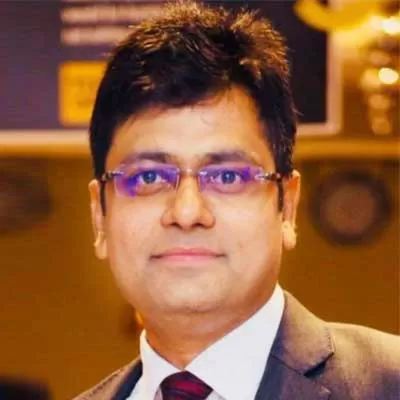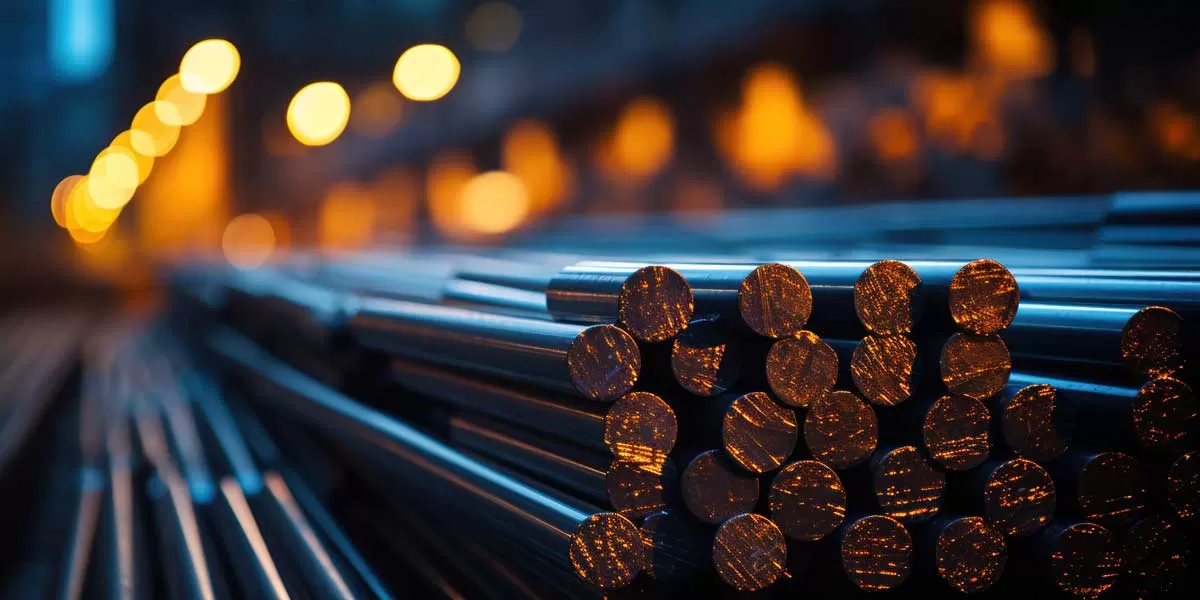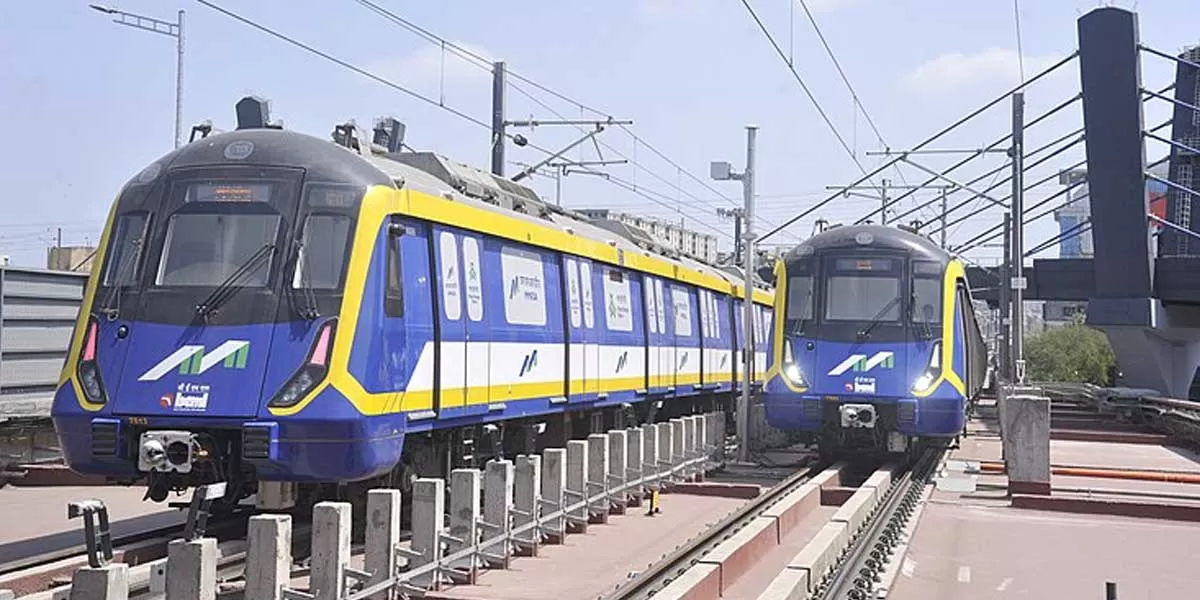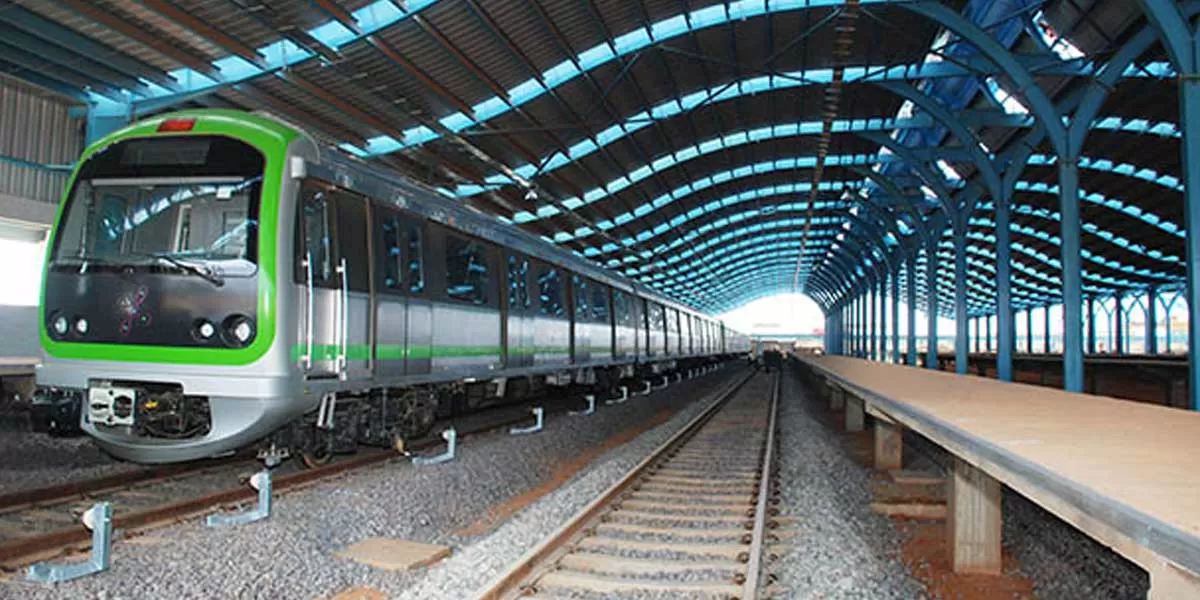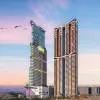Kolte-Patil Developers (KPDL) had announced an ambitious plan to launch projects across Pune, Mumbai and Bengaluru. The tri-city company, which has developed and constructed projects including residential complexes, integrated townships, commercial complexes and IT parks across Pune, Mumbai and Bengaluru, is on track to achieve its diversification objectives through meticulous planning, encompassing new launches
and projects across key markets. Atul Bohra, Group CEO, Kolte-Patil Developers, in conversation with R SRINIVASAN, shares more about the company’s upcoming launches worth Rs 80 billion across these three cities. Excerpts:
Kolte-Patil Developers (KPDL) plans to launch projects totalling `80 billion in FY25 across Pune, Mumbai and Bengaluru. What is your current market share in these cities and what will it be after this development? Also, what will the breakup of sales (percentage-wise) among the three cities?
For over three decades, Kolte-Patil has been scripting indelible stories in stone and steel, crafting not just homes but sanctuaries that elevate life itself to an art form. As we spread our footprint across Mumbai, Pune, Bengaluru and beyond, Kolte-Patil is no longer just a ‘Pune-based developer’ but a multicity lifestyle architect. With our upcoming launches worth `80 billion across these three cities, we expect a significant shift in our sales distribution by FY25. Pune, where we command a leadership position ranking consistently in the top three list over several years, will continue to be our strongest market. At the same time, we aim to strengthen our presence in Mumbai and Bengaluru, targeting a combined contribution of 30 per cent to sales from these two cities.
Most home buyers in the Mumbai Metropolitan Region (MMR) were millennials [aged 28-43] who accounted for about 37 per cent followed by Generation X individuals [aged 44-59] who constituted about 36 per cent of buyers. Is this trend seen in Pune and other cities?
Data from across India points towards a significant shift in the real-estate market. Millennials, constituting a sizeable 36 per cent of the national population, are at the forefront of homeownership, comprising over 54 per cent of recent property buyers. This shift in priority for home ownership was triggered during COVID and is supported by real-estate’s long-term financial advantages, including equity building and investment returns. This trend is particularly pronounced in MMR, where millennials now represent a dominant percent of homebuyers. This cultural shift underscores the growing importance of properties that cater to modern lifestyles. Beyond mere living space, desirable amenities are becoming increasingly important. Developers are adapting to this by offering a diverse portfolio of well-designed and functional living options, catering to both the popular 2 BHK format and the emerging demand for more spacious units.
Similar trends are emerging in other key Indian cities. Pune, for instance, has become a magnet for millennials seeking residential property investments because of its relative affordability compared to major metros. Pune also offers properties at attractive prices, presenting an excellent opportunity for millennials to secure a foothold on the property ladder with the potential for significant returns over time. Further, Pune's flourishing IT and education sectors, coupled with excellent social infrastructure and a focus on sustainable development, make it an attractive proposition for young professionals and families seeking a good quality of life and a sound investment opportunity.
The luxury segment housing (units priced Rs.40 million and above) recorded a 10 per cent y-o-y sales growth during January-March 2024. The highest surge in Mumbai’s unit sales was
followed by Delhi-NCR, Hyderabad and Pune. How does the company intend to leverage this to its benefit?
The demand for luxury housing in India is driven by multiple factors shaping the real-estate landscape. Rapid urbanisation and a surge in affluence have resulted in an increased number of HNIs and UHNIs actively seeking exclusive and opulent living spaces. As cities expand and economies grow, there is a corresponding rise in the demand for luxury residences.
Kolte-Patil has been at the forefront of luxury housing in India, especially in the Pune market, through the 24K brand which was introduced in 2011, tailored for luxurious lifestyle and realty. Renowned for elegance and meticulous craftsmanship, it swiftly became synonymous with opulence and sophistication. From finest materials to attention to detail, every home reflects the brand's commitment to excellence. With a variety of offerings, it embodies a refined and indulgent lifestyle. It transcends the definition of a mere residence; instead, it stands as a masterpiece that enhances the urban landscape.
With successful premium home sales in major cities like Pune, Mumbai and Bengaluru, we plan to unveil additional luxury housing projects in the next three years. Ongoing and upcoming projects under the 24K brand are planned in prime locations such as Hinjewadi, Baner, Pimple Nilakh and NIBM road in Pune. To capitalise on this trend, we are expanding our luxury residential project portfolio in high-demand regions, particularly Mumbai and Pune. We aim to launch new projects for the affluent segment, offering premium amenities, superior design and prime locations. We are strengthening our 24K brand as a luxury housing market leader, laying emphasis on quality, innovation and customer satisfaction. Through targeted marketing and partnerships, we will enhance brand visibility to attract high-net-worth individuals. We have been incorporating advanced features like golden ratio design, smart home technology, sustainable practices and state-of-the-art amenities to meet evolving preferences.
Tier-2 property market Ahmedabad's housing prices have surged 45 per cent. It is also aligned closely with the planning and development of Gujarat International Finance Tec-City (GIFT City) and is attracting investors, especially NRIs from other major financial centres in India, including Mumbai. In view
of this, will the company foray in to this city?
At Kolte-Patil Developers, we are currently prioritising expansion in our established markets of Pune, Mumbai and Bengaluru and aim
to solidify our position in these
key geographies.
Please elaborate what green (solar, rainwater harvesting) elements are incorporated
in your projects to minimise
the carbon footprint.
At Kolte-Patil, we are committed to creating sustainable communities through innovative green features in our residences. We achieve this focus on minimising our carbon footprint without directly increasing the cost for homebuyers. Our water conservation efforts include dual-flush toilets, rainwater harvesting pits, and aerators to reduce overall usage, while sewage treatment plants recycle wastewater for landscaping and toilet flushing. We prioritise energy-efficiency through homes designed to maximise natural light and ventilation, minimising reliance on artificial lighting and cooling systems. Additionally, projects like Life Republic in Pune boast operational solar power generation. Sustainability is further woven into our projects through the use of recycled materials like fly-ash based AAC blocks and engineered wood for doors. Organic waste composters and responsible solid waste management practices promote a circular economy within our communities. By prioritising sustainability, we create a positive impact that extends beyond the walls of our projects, benefiting both the planet and our residents.
What technologies (AI, BIM) does your company incorporate in construction? What strategies does the company employ to ensure timely delivery?
We undertake comprehensive project planning with clear timelines, milestones and deliverables for each phase. Strong relationships with reliable contractors, suppliers and vendors ensure timely delivery of quality materials and services. Rigorous pre-qualification processes mitigate risks of delays and quality issues. We efficiently allocate resources and implement robust inventory management systems to prevent bottlenecks and project stoppages. Real-time reporting systems provide updates on project status and potential delays.
KPDL adheres to well-defined standard operating procedures (SOPs) for consistent quality execution. We engage early with regulatory authorities for timely approvals and strictly adhere to requirements to avoid legal delays. We have been an early adopter of modern construction techniques like Mivan technology, which allows completion of one slab in seven to 10 days. Mivan construction, using aluminium formwork for concrete casting, offers significant advantages over traditional Reinforced Concrete Construction (RCC), including a 70 per cent reduction in construction time, lower overall expenses and eco-friendly practices. Despite higher initial costs, Mivan's efficiency, adaptability and environmental benefits make it a compelling alternative to RCC in the evolving construction landscape.
Over the years, KPDL has received multiple awards and recognitions, including Asia’s Greatest Brand. What one key factor would you attribute this success to?
Our success can be primarily attributed to our unwavering commitment to a customer-centric approach, built upon decades of expertise and experience. We understand that homes are more than just structures; they are havens for our customers. By consistently delivering high-quality projects that cater to diverse segments and prioritise quality of life, we have earned customer trust and established ourselves as a leading real-estate player. Our focus on innovation, sustainability and transparency has further solidified our reputation, leading to numerous accolades, including recognition as Asia's Greatest Brand. This commitment to excellence and customer satisfaction has been the key factor in KPDL's success and industry recognition.
What are your expansion plans for 2024 and beyond?
We are targeting Rs.35 billion in sales in FY25 and a cumulative sales of Rs.135 billion across Pune, Mumbai, and Bengaluru over FY25-FY27. This is supported by a strong projects portfolio that has a top-line potential of ~Rs.250 billion. We will further strengthen this portfolio by continually evaluating and adding projects that align with our capital-light, value-accretive business philosophy. This expansion reinforces our commitment to geographic diversification. Pune will remain our core market, projected to contribute 70 per cent of sales by FY25, while Mumbai and Bengaluru are strategically positioned to account for the remaining 30 per cent through targeted expansion in these key markets.
